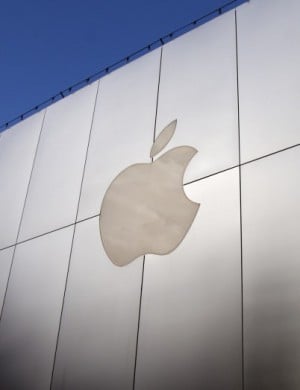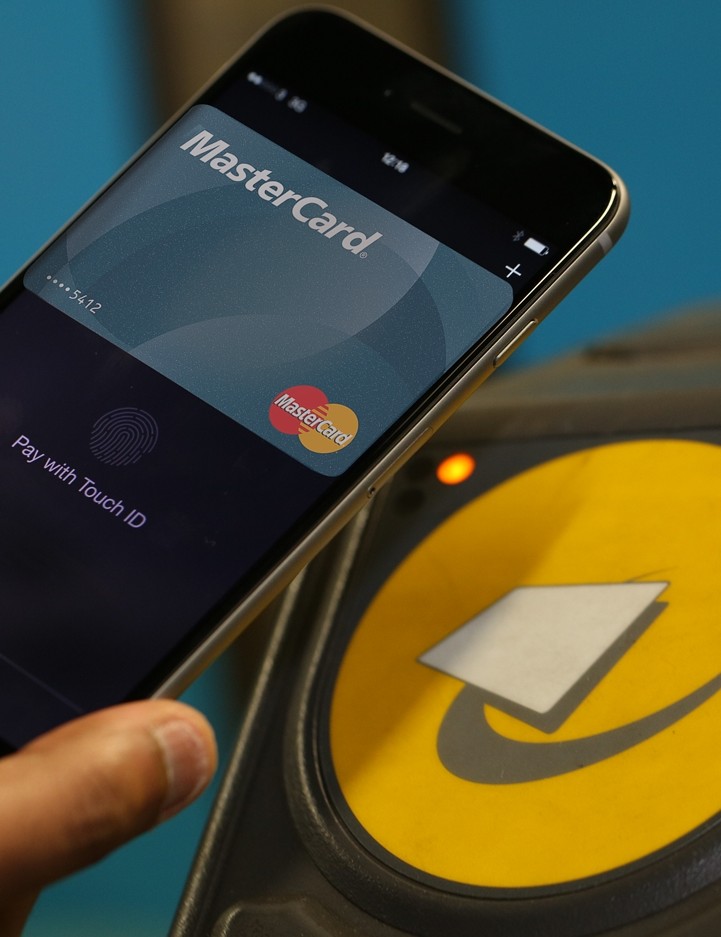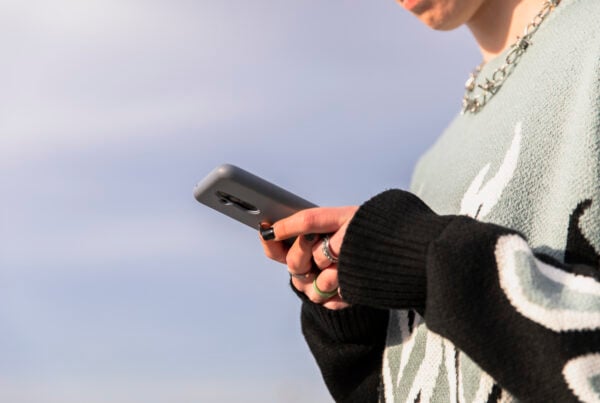Find out the week’s top mobile stories from around the world.
This week.. Whatsapp switch on encryption for a billion customers, Facebook recommend businesses to chat to in messenger, LINE is under investigation for virtual currency and much more.

Forget Apple vs. the FBI: WhatsApp Just Switched on Encryption for a Billion People
Wired
For most of the past six weeks, the biggest story out of Silicon Valley was Apple’s battle with the FBI over a federal order to unlock the iPhone of a mass shooter. The company’s refusal touched off a searing debate over privacy and security in the digital age. But this morning, at a small office in Mountain View, California, three guys made the scope of that enormous debate look kinda small.
Mountain View is home to WhatsApp, an online messaging service now owned by tech giant Facebook, that has grown into one of the world’s most important applications. More than a billion people trade messages, make phone calls, send photos, and swap videos using the service.
Read more…
WhatsApp encryption tweaks may land it in hot water in India
Tech in Asia
If you’ve used WhatsApp at all in the past few days, you probably noticed a message about its new encryption rules. It now encrypts its messages with a 256-bit key, which means that only those that you’ve involved in your chat can see the photos, videos, and files that you send them.
“No one can see inside that message. Not cybercriminals. Not hackers. Not oppressive regimes. Not even us,” WhatsApp’s co-founders explained in a blog post.
As a few keen-eyed media sites spotted, however, this goes against India’s encryption laws.
Read more…
Facebook Messenger Is Recommending Businesses to Chat With
Mobile Marketing Magazine
Facebook’s Messenger app has begun suggesting businesses that users may want to chat with, in yet another sign that the platform is preparing for a big push into the world of mobile commerce as it expands beyond its initial purpose as a messaging app.
With Facebook’s annual F8 developer conference happening early next week, there have been more and more signals that a big announcement regarding the future of Messenger is on the horizon.
Last week, we reported on code that had been discovered in Messenger that suggested it was preparing to expand from enabling peer-to-peer and commercial payments digitally to include in-store mobile payments, along with a number of other functions including calendar syncing and encrypted chats (which have since been introduced on the Facebook-owned WhatsApp).
Read more…
British mobile phone users’ movements ‘could be sold for profit’
Guardian
British mobile phone users are one data breach away from having the routines of their daily lives revealed to criminals, privacy campaigners have said.
Mobile phone networks and wireless hotspot operators are collecting detailed information on customers’ movements that reveal intimate details of their lives, two separate investigations into mobile data retention have found.
Many people unwittingly sign up to be location-tracked 24/7, unaware that the highly sensitive data this generates is being used and sold on for profit. Campaigners say that if this information were stolen by hackers, criminals could use it to target children as they leave school or homes after occupants have gone out.
Read more…
White House reportedly won’t back encryption bill arising from iPhone case
Venture Beat
The White House is declining to offer public support for draft legislation that would empower judges to require technology companies such as Apple Inc to help law enforcement crack encrypted data, sources familiar with the discussions said.
The decision all but assures that the years-long political impasse over encryption will continue even in the wake of the high-profile effort by the Department of Justice to force Apple to break into an iPhone used by a gunman in last December’s shootings in San Bernardino, California.
President Obama suggested in remarks last month that he had come around to the view that law enforcement agencies needed to have a way to gain access to encrypted information on smartphones.
Read more…
A third of consumers don’t trust contactless payments
IT Pro Portal
Even though contactless payment is on the rise, both in terms of how much money goes around, as well as how many people are using the new service, many people still don’t trust it.
Those are the results of a new survey conducted by business intelligence research consultancy Future Thinking, together with Toluna.
The two asked more than 2,300 people about their attitude towards contactless payment.
Almost a third (31 per cent) said they didn’t trust the new service. Taking a gender-related look, males (35 per cent) have shown less trust than females (29 per cent). The fear has made them never use contactless payment.
Read more…
Kik Messenger launched a bot store one week before Facebook is expected to launch a bot store
re/code
Kik, the messaging app popular among teens, also believes a bot store is coming to Messenger. How do we know? Because it rolled out its own bot store Tuesday, one week ahead of Facebook’s expected launch.
Kik already offered some bots to its users, but beginning Tuesday it’s offering technology so that any developer can build a bot within the app. Kik will still approve each bot before it appears in the “bot shop,” as it’s calling the store.
The launch gives us an idea of what bots might look like on other platforms (like Messenger). Kik is launching with bots from brands, like Sephora or The Weather Channel, but also with entertainment bots, like Twitter’s Vine.
Read more…
Line is under investigation over its use of virtual currencies
The Next Web
Financial regulators in Japan are investigating the creators of the Line messaging app over a coin used in one of its games.
By law, any form of virtual currency within games must be reported in Japan. However, Line, which has over 200 million users worldwide, has said the coin in question isn’t regarded by the company as a form of currency so it hasn’t declared it, although it has filed other coins.
The law also requires Line to deposit half the amount of its virtual currencies with local bureaus of the Justice Ministry as a means to protect consumers should the company go bust.
Read more…
Alipay Mobile Payments Platform Launches In Europe
Tech Week Europe
Chinese ecommerce giant Alibaba is the latest entrant into the European mobile payments space and will launch its Aplipay platform in a number of markets.
It won’t be a general launch however, with Alibaba limiting Alipay to Chinese tourists, allowing them to make payments in stores, receive offers and view nearby shops and restaurants, and will be targeting the UK, France and Germany.
Alipay currently has around 450 million users worldwide and processes 175 million transactions a day, with a record peak of 85,000 transactions per second.
Read more…
‘Fitbit for cows’ helps farmers get more milk out of their cattle
Tech In Asia
Dairy farming is one of the biggest industries in Pakistan, with an estimated 42 billion liters of milk production per year. With approximately 63 million animals producing milk, and over eight million households involved in the trade, the country ranks as the fourth-highest milk producing nation globally.
Despite these rosy numbers, average milk yields per cow are abysmally low – estimated at only four to five liters per day during the lactation cycle. This pales in comparison to the United States – incidentally the world’s highest milk producing country – where cows yield on average 32 liters per day.














